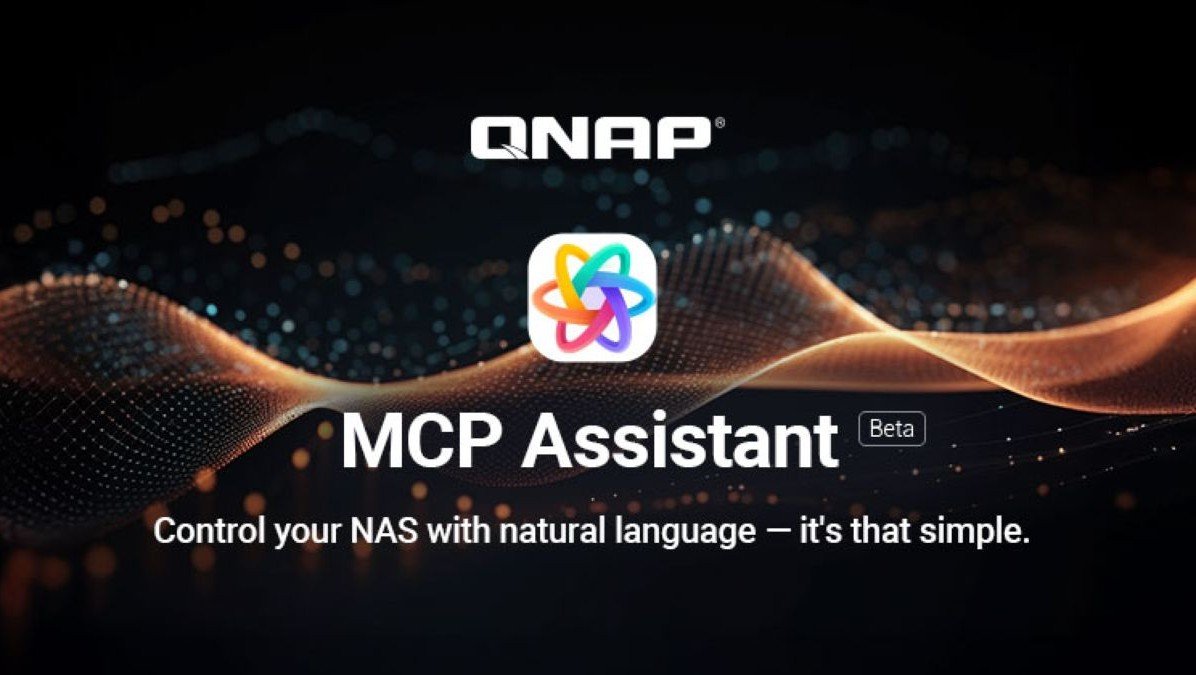QNAP Systems has announced support for the Model Context Protocol (MCP) across QNAP NAS systems, alongside the beta release of MCP Assistant—a natural language interface purpose-built for NAS management. With MCP Assistant, you can use issue plain-language commands to perform common NAS tasks such as creating shared folders, managing users, or monitoring storage—without navigating complex interfaces or remembering technical syntax.
As MCP rapidly emerges as a key standard for enabling AI models to interact with real-world systems, developers and enterprises worldwide are adopting MCP Hosts such as Claude Desktop. Tools like Visual Studio Code and n8n are increasingly being used to integrate AI agents into broader automation workflows. By embracing MCP early, QNAP empowers IT professionals and content creators with a smarter, more intuitive way to interact with their NAS systems—using natural language.
“Our goal with MCP Assistant is to make NAS operations accessible to everyone,” said Tim Lin, Product Manager at QNAP. “You don’t need to know the system or memorize commands—just say what you want to do, and the NAS takes care of it. This makes IT management more intelligent and more human-centered.”
Key Features of QNAP MCP Assistant
- Natural Language Control: Interact with your NAS using everyday language—no command-line knowledge required.
- Context-Aware Conversations: Supports multi-turn dialogue and understands follow-up questions and task context.
- Cross-Platform Integration: Works with tools like Claude Desktop, Visual Studio Code, Telegram, and n8n to fit your existing workflows.
- Granular Access Control: Includes token/key-based authentication, read-only mode, and feature-level permissions to ensure safe usage.
- Supported Task Categories: Covers shared folder and user management, system monitoring, storage operations, file handling, and advanced Qsirch-powered semantic search.





